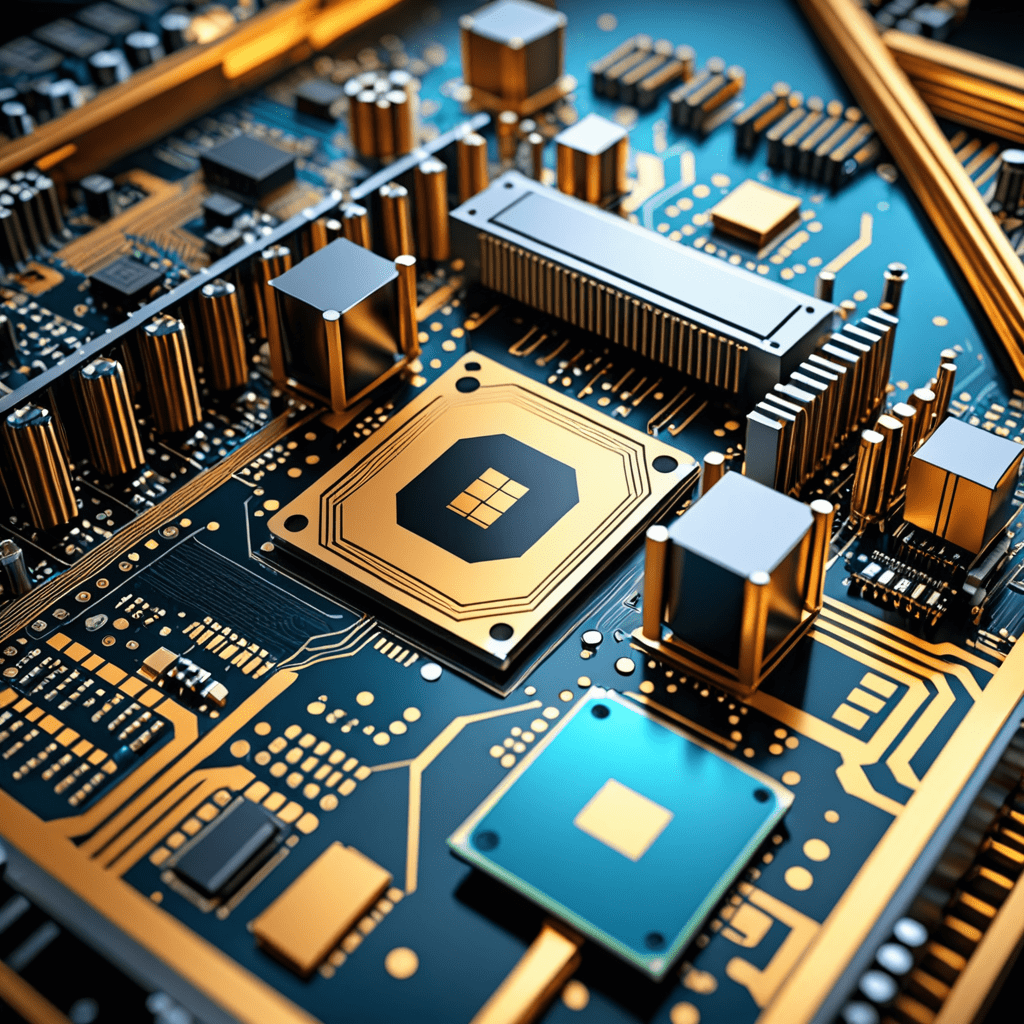Nanotechnology in Quantum Computing: Transforming Data Processing Systems
The Marriage of Nanotechnology and Quantum Computing
Nanotechnology, the science of manipulating materials at the nanoscale, and quantum computing, a revolutionary approach to data processing using quantum-mechanical phenomena, have joined forces to redefine the future of computing.
Understanding Nanotechnology’s Role
Nanotechnology plays a pivotal role in quantum computing by enabling the fabrication of qubits – the basic units of quantum information processing – at the nanoscale. This precision at the atomic level allows for greater control and manipulation of qubits, leading to enhanced computational power.
Quantum Computing: Breaking Traditional Boundaries
Unlike classical computing that relies on bits (0s and 1s), quantum computing uses quantum bits or qubits, which can exist in multiple states simultaneously due to quantum superposition. This inherent parallelism empowers quantum computers to solve complex problems at an unprecedented speed.
The Significance of Nanoscale in Quantum Computing
At the nanoscale, materials exhibit unique properties that are essential for quantum computing. Quantum dots, nanowires, and other nanostructures serve as building blocks for qubits, allowing for efficient manipulation and communication of quantum information.
Nanotechnology’s Impact on Quantum Computing
Nanotechnology enhances the coherence and stability of qubits, addressing one of the major challenges in quantum computing – maintaining quantum states without interference. By leveraging nanoscale engineering, researchers can create more reliable and scalable quantum systems.
Applications of Nanotechnology-Enabled Quantum Computing
The fusion of nanotechnology and quantum computing has far-reaching implications across various industries. From optimizing drug discovery and molecular modeling to revolutionizing encryption and cybersecurity, this advanced computing paradigm is poised to transform data processing systems across the board.
The Future of Computing: Nanotechnology and Quantum Computing Synergy
As nanotechnology continues to advance, the integration of nanoscale materials in quantum computing will push the boundaries of what is possible in processing and storing information. This synergy represents a paradigm shift in computing, offering unparalleled capabilities and paving the way for the next generation of technological breakthroughs.
Frequently Asked Questions about Nanotechnology in Quantum Computing
What is nanotechnology in quantum computing?
Nanotechnology in quantum computing involves the use of ultra-small materials and devices at the nanoscale to manipulate and control quantum information. This innovative approach aims to enhance data processing capabilities significantly.
How does nanotechnology contribute to transforming data processing systems in quantum computing?
Nanotechnology enables the development of quantum computing systems with enhanced speed, efficiency, and storage capacity. By harnessing the unique properties of nanomaterials, data processing in quantum computers becomes faster and more powerful.
What are some examples of nanotechnology applications in quantum computing?
Examples include the use of nanoscale components like quantum dots and nanowires to improve the performance of quantum processors. Nanotechnology also plays a crucial role in the development of quantum sensors and quantum memory devices for advanced data processing.
How does nanotechnology address challenges in traditional data processing systems?
Nanotechnology in quantum computing offers solutions to challenges such as scalability, energy efficiency, and computational speed that are often limited in traditional data processing systems. This technology opens up new possibilities for handling vast amounts of data more effectively.



